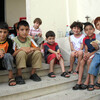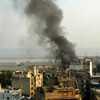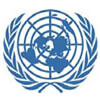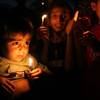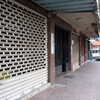
Workforce morale at an all-time low
19 July 2006
Lebanon’s dream of 2006 as a record year for economic growth has in the space of a week turned into a nightmare. Israeli air strikes have brought its fast-growing economy to an almost complete standstill. With thousands of nationals and foreign workers evacuating, and more than 500,000 internally displaced people, a bleak scenario confronts the country’s workforce. “The direct losses are estimated to be nearly half a billion US dollars,” said Jihad Azoor, Lebanon’s Finance Minister. “But we have to read this number carefully because we have no way of assessing the situation fully to get an accurate estimate. And more losses occur by the hour.” Read more about Workforce morale at an all-time low


